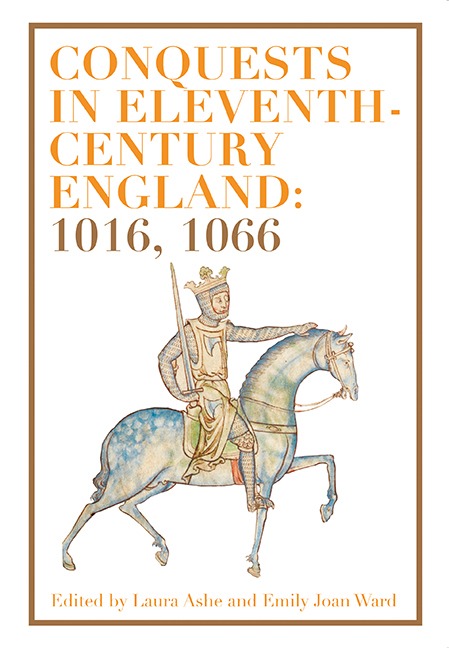9 - Cultures of Conquest: Warfare and Enslavement in Britain Before and After 1066
Published online by Cambridge University Press: 26 April 2020
Summary
In few spheres is the contrast between the Danish and Norman Conquests greater than in relation to slavery and slave-raiding. The Danish Conquest was followed by the continuation, quite possibly the intensification, of these practices. To say this is emphatically not to endorse the traditional custom, once very strong in Ireland, of blaming heathen Vikings for introducing the good Christian people of Britain and Ireland to ‘bad habits’. Slavery and slave-raiding appear to have been features of nearly all societies around the world ‘since time immemorial’. But it is to accept the likelihood that all sorts of cross-North Sea contacts, including slaving, increased after 1016. I see nothing implausible in William of Malmesbury's assertion, despite its much later date, that Earl Godwine's first wife, Cnut's sister, had made a fat profit through the ‘hideous traffic’ of buying slaves in England, especially young and attractive girls, and selling them in Denmark. By contrast the Norman Conquest was followed by the demise of these practices. True, if Normans had conquered England in 1016, they might well have taken many captives to sell in Normandy, where, as the tale of Moriuht's search for his wife and child reveals, there was still an active market in slaves. On the other hand, had the Danes conquered England in 1066, there is no reason to think they would have presided over slavery's disappearance. According to Adam of Bremen, writing in the 1070s, the Danes of Zealand were still deeply involved in the Baltic slave trade.
If the continuation of customary practice after 1016 seems unproblematic, that is certainly not the case with its discontinuance after 1066. It is ‘very puzzling’, ‘one of the most intractable problems’. While Domesday evidence suggests that, in Essex at least, slave numbers dwindled markedly between 1066 and 1086, no strictly contemporary comment on that stage of the process is known to survive. Given how little written material survives from those twenty years this is hardly surprising. Nonetheless one consequence of the absence of comment is that it is difficult to work out just what the changing number means. The scale and nature of slavery in 1066 are themselves problematic.
- Type
- Chapter
- Information
- Conquests in Eleventh-Century England: 1016, 1066 , pp. 165 - 182Publisher: Boydell & BrewerPrint publication year: 2020



